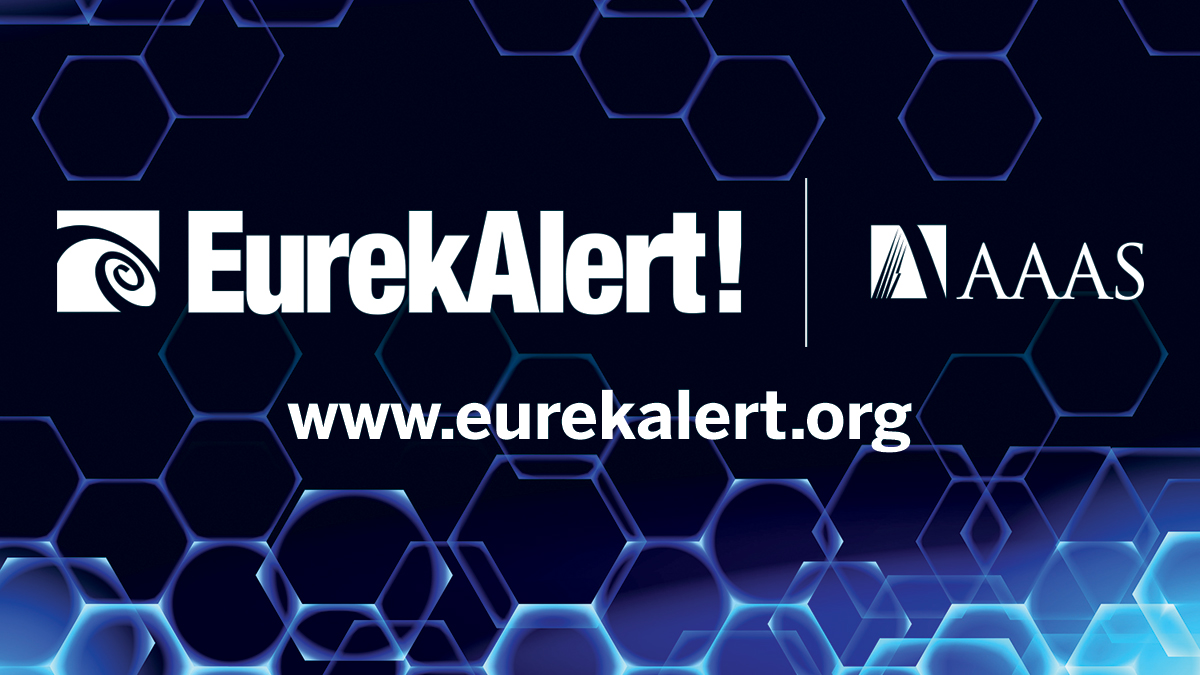
Asthma attacks account for almost 50 percent of the cost of asthma care which totals $80 billion each year in the United States. Asthma is more severe in Black and Hispanic/Latinx patients, with double the rates of attacks and hospitalizations as the general population.
When the COVID-19 pandemic swept over the United States, a series of reports suggested that fewer people were coming to emergency departments for all sorts of medical problems, including asthma attacks and even heart attacks. In the case of asthma, it was not clear if the drop was due to people avoiding emergency services or due to better asthma control. A new analysis from investigators at Brigham and Women’s Hospital shines new light on this question. In a report of data collected as part of a trial in Black and Hispanic/Latinx patients with asthma that began before COVID-19 hit the U.S., they found total asthma attacks decreased by greater than 40 percent with the onset of the pandemic. Results are published in the Journal of Allergy & Clinical Immunology: In Practice.
“We found a substantial decrease in asthma exacerbation — on the order of what we see for biologic therapies for severe asthma,” said lead author Justin Salciccioli, MBBS, MA, a fellow in the Division of Pulmonary and Critical Care Medicine at the Brigham. “Although we don’t know for sure who in the cohort changed their behavior, it’s likely that decreased exposure to environmental or viral triggers contributed to our findings.”
While no single change is likely to account for the large decrease in asthma attacks, Salciccioli and colleagues note that decreased exposure to allergens such as pollen, dust mites and mold, as well as viruses like influenza, are most likely to account for the decrease in asthma attacks. During the pandemic, measures to decrease exposure to the virus that causes COVID-19, including wearing masks, physical distancing and more, may have also decreased exposure to triggers of asthma.
Salciccioli and colleagues analyzed data collected as part of the PREPARE (The PeRson EmPowered Asthma Relief) Trial. The PREPARE Trial, led by Elliot Israel, MD, the Gloria M. and Anthony C. Simboli Distinguished Chair in Asthma Research and director of Clinical Research in the Brigham’s Pulmonary and Critical Care Division, is a national randomized trial examining interventions to reduce asthma attacks in Black and Hispanic/Latinx adults with moderate-to-severe asthma supported by PCORI (The Patient Centered Outcome Research Institute). As part of the study, its nearly 1,200 participants completed monthly questionnaires remotely for 15 months, either online, by phone or by mail.
“Since patients participated remotely once they were enrolled, they could tell us about the condition of their asthma separate from any concerns about leaving the house or having contact with health care providers” said Israel.
This allowed the team to assess the impact of the COVID-19 pandemic independent of hesitancy to utilize health care.
To better understand how the pandemic may have affected people with asthma, the research team compared asthma exacerbation rates between the winter and spring of 2019 with those from 2020. There was a 40 percent decrease between the winter (Jan. 1 to March 31) and spring (April 1 to June 30) for 2020 compared to 2019. Participants who worked outside of the home when they first enrolled in the study had a 65 percent decrease. Decreases were also greatest for individuals with a less “allergic type” of asthma known as “TH2-low” asthma — a type of asthma that might be triggered by environmental irritants such as pollution, smoke, or ozone, as opposed to exposure to allergens such as dust mite or mold.
While this study included only Black and Hispanic/Latinx participants, those groups are among the most impacted by asthma.
“This is the first study to assess asthma exacerbation before and after the COVID-19 pandemic using data that are unlikely to be affected by patients avoiding the health care system,” said Salciccioli. “Because this was part of a prospective trial that started before the pandemic and was planned to be remote, it gave us a unique window into how changes during the pandemic may have led to a dramatic decrease in asthma exacerbation.”
###
The PeRson EmPowered Asthma RElief (PREPARE) trial is supported by a Patient-Centered Outcomes Research Institute (PCORI) Project Program Award (PCS-1504-30283). There were no additional funds for this work. All statements in this work represent the work of the authors and do not represent the views of PCORI, the Board of Governors or Methodology Committee.
Paper cited: Salciccioli, J et al. “Effect of Covid19 on asthma exacerbation” JACI DOI: 10.1016/j.jaip.2021.04.038
Disclaimer: AAAS and EurekAlert! are not responsible for the accuracy of news releases posted to EurekAlert! by contributing institutions or for the use of any information through the EurekAlert system.
